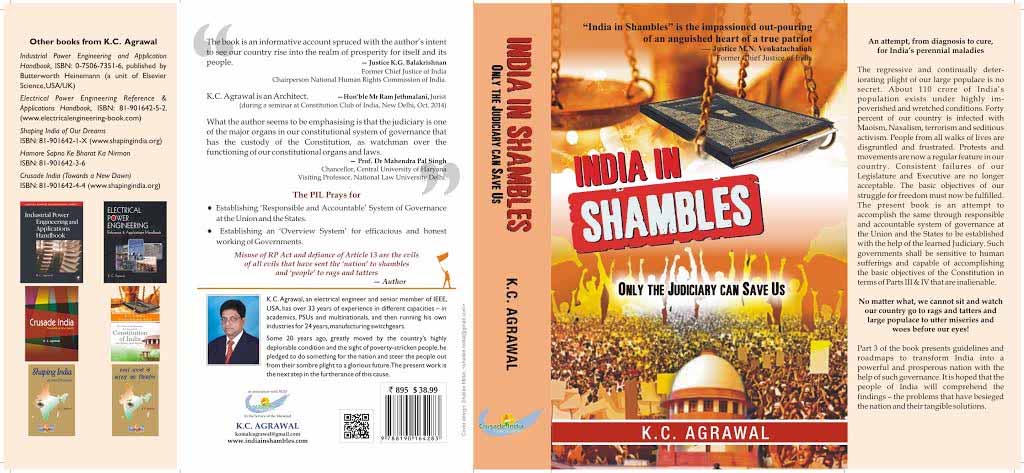Book at a Glance
PART I - Electric Motors, Drives and Energy Saving
Chapter 7. Special-purpose Motors and Induction Generators
• Textile motors
• Crane motors
• Determining the size of motor
• Sugar centrifuge motors
• Motors for deepwell pumps
• Motors for agricultural application
• Surface-cooled motors
• Torque motors or actuator motors
• Vibration and noise level
• Service factor
• Motors for hazardous locations
• Specification of motors for Zone 0 locations
• Specification of motors for Zone 1 locations
• Motors for Zone 2 locations
• Motors for mines, collieries and quarries
• Intrinsically safe circuits, type Ex. ‘i’
• Testing and certifying authorities
• Additional requirements for critical installations
• Motors for thermal power station auxiliaries
• Selection of a special-purpose motors
• Induction generators
• Crane motors
• Determining the size of motor
• Sugar centrifuge motors
• Motors for deepwell pumps
• Motors for agricultural application
• Surface-cooled motors
• Torque motors or actuator motors
• Vibration and noise level
• Service factor
• Motors for hazardous locations
• Specification of motors for Zone 0 locations
• Specification of motors for Zone 1 locations
• Motors for Zone 2 locations
• Motors for mines, collieries and quarries
• Intrinsically safe circuits, type Ex. ‘i’
• Testing and certifying authorities
• Additional requirements for critical installations
• Motors for thermal power station auxiliaries
• Selection of a special-purpose motors
• Induction generators
Selection of special-purpose motors
Checking the suitability of a slip-ring motor
With the same pull-out torque as above, if we select a slip-ring motor and arrange the starter to develop an average pick-up torque of 200%, the available accelerating torque will be (200 – 68) = 132%. To determine the number of equally spread starts and stops, heating and cooling curves of the motor should be available and the manufacturer may be consulted. The above exercise is only for a general guidance. In such cases, the manufacturer should be consulted who may offer a better and more economical design.


